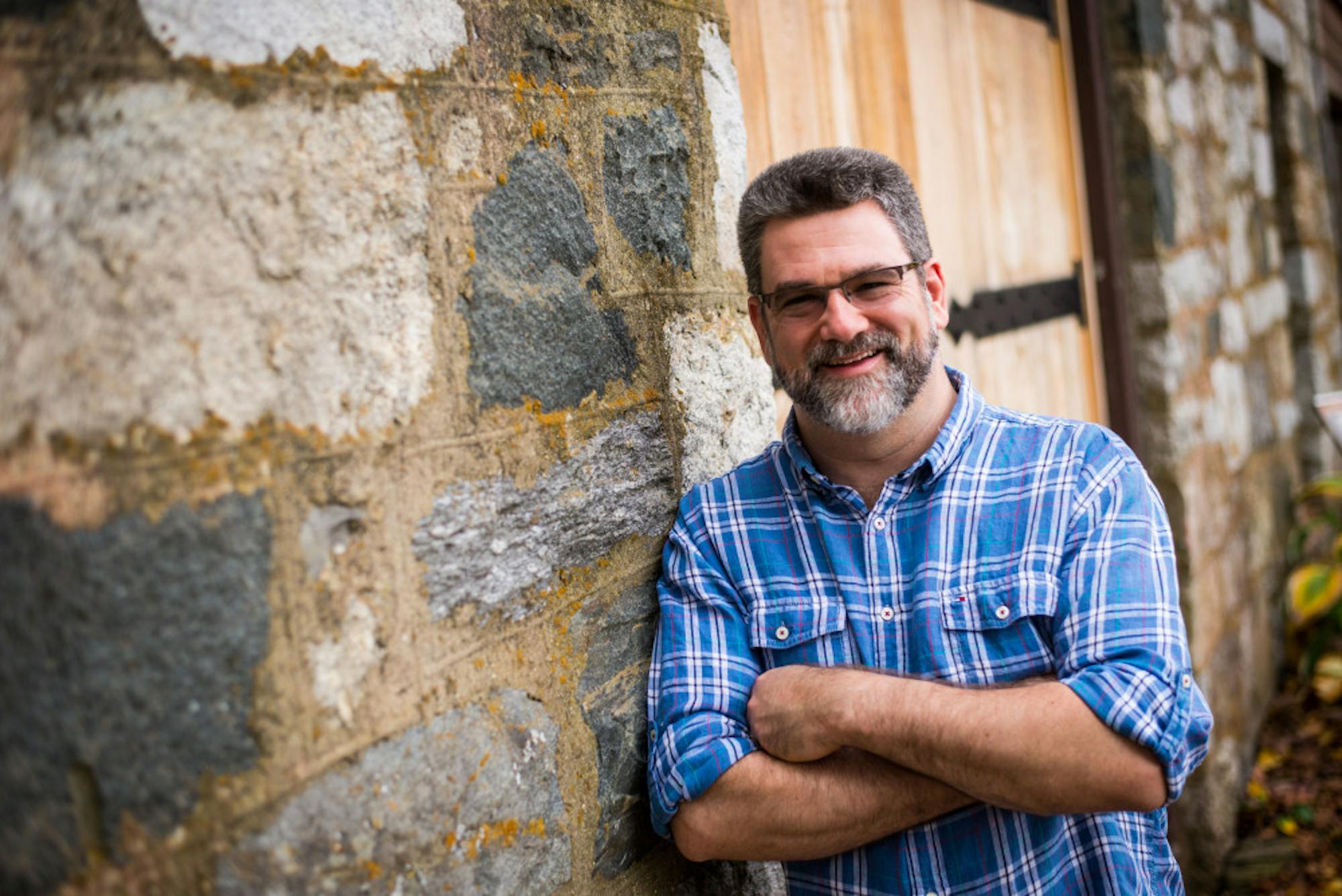Author Christopher Golden is nothing short of prolific. Since graduating from Tufts in 1989 and releasing his first novel "Of Saints and Shadows" in 1994, he has published dozens of novels and graphic novels. He also leads River City Writers, which according to its website is “a company offering book-and-writing-related events, workshops in all areas of writing and publishing, focused and intimate writing retreats and, by popular demand, premium editorial and consultation services.”Golden is a third-generation Jumbo, a former writer for The Tufts Daily and father to Nicholas Golden, one of the Daily’s spring 2016 managing editors. Golden spoke to the Daily about his career over the phone while traveling to the science fiction convention Boskone. The interview has been edited for clarity and brevity.
Tufts Daily (TD): What in your Tufts experience had the biggest impact on you as a writer?
Christopher Golden (CG): In my first year and my sophomore year, I did write some entertainment stuff for the Daily. I reviewed films and books and a couple of shows in Boston and quite enjoyed that. But there’s no question that the biggest impact on me writer-wise came from the two creative writing professors I had while I was at Tufts. One of them was Jay Cantor, but I only had Jay one or two semesters, and the rest of the time I had Alan Lebowitz. Alan was fantastic. The great thing about Alan was that even though he was a literary writer and I wrote weird stuff, he was incredibly encouraging. He never judged me for what I did, although he did think that I should go write movies and television because of my more commercial sensibilities.
TD: With a pair of literary writers for mentors, what was it that inspired you to go in a different direction and write science fiction and fantasy?
CG: I was always attracted to the weird stuff -- as a kid, "The Twilight Zone" (1959-1964), Marvel Comics, and really the tipping point for me was Stephen King. But even prior to first reading Stephen King, I was already gravitating toward strange things. I started writing my first weird short stories when I was a junior or senior in high school, and my mother used to say, “Why can’t you write something good?” and by that she meant something nice. I had written western stories and science fiction stories and romantic stories, but somebody always dies. Science fiction and horror and mystery were always more interesting to me, but I always make sure that I am writing about the fears of real people and the experiences of real people within the context of those weird stories.
TD: A lot of your writing has not just been novels but also comic books. How does your writing process differ depending on the medium that you’re writing for?
CG: They’re all really different. Screen writers assume that they can write comics because they’re close cousins, but just like writing a screenplay or a television script is a separate discipline because they each have their own specific structure, comics are structured differently. In a way, comics are the most structured form of writing that I do, because you have to be concerned about the visual experience, which is rigid. Each one of these mediums is a separate discipline and requires learning different tools.
TD: Out of all your work, what is the piece you are most proud of?
CG: That is tough. Most writers would always say the most recent thing, but there’s a difference between what piece you think is the best and what your favorite is. The book that has been best received over the past decade or so is a novel called “Snowblind ” (2014), and that’s definitely one of the better books of mine and one of my favorites too. But my true favorite is a novel called “Strangewood” (1999), which came out 17 or 18 years ago, and that’s my favorite because that was the novel in which I proved to myself that I could write more maturely than I had been writing up to that point. I came of age in a way with that book.
TD: What advice would you give to someone who is hoping to break into writing fiction?
CG: People try to make writing sound more romantic than it is. It is true that this is not for the faint of heart. It has to be how you're wired to write.
Tufts alumnus and best-selling author Christopher Golden talks writing with the Daily






